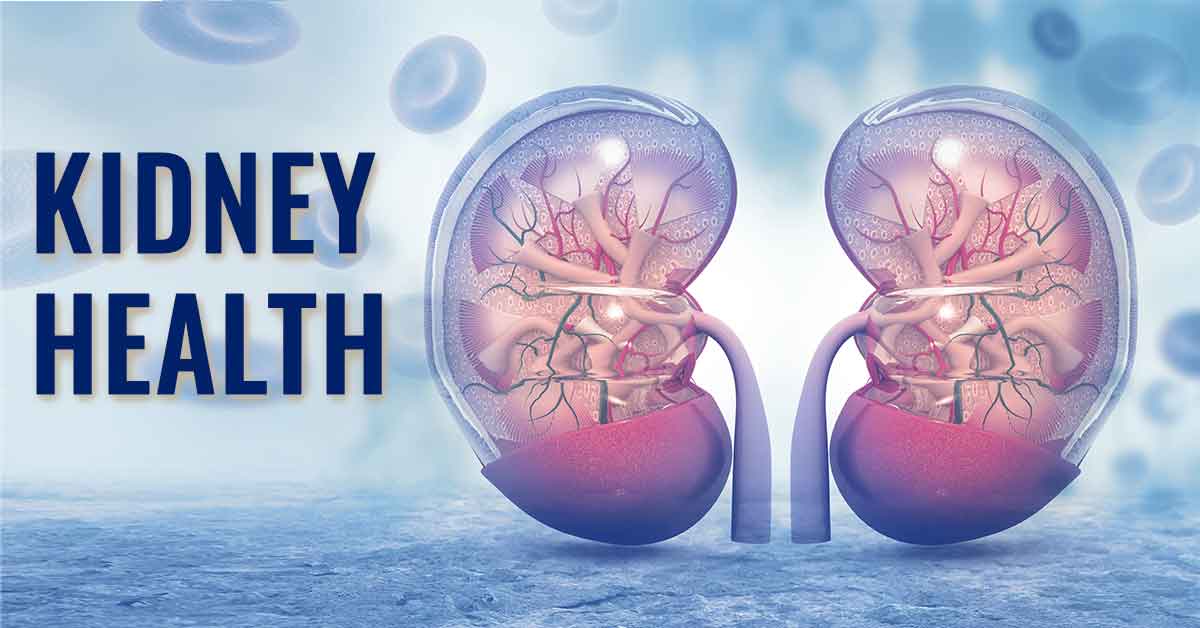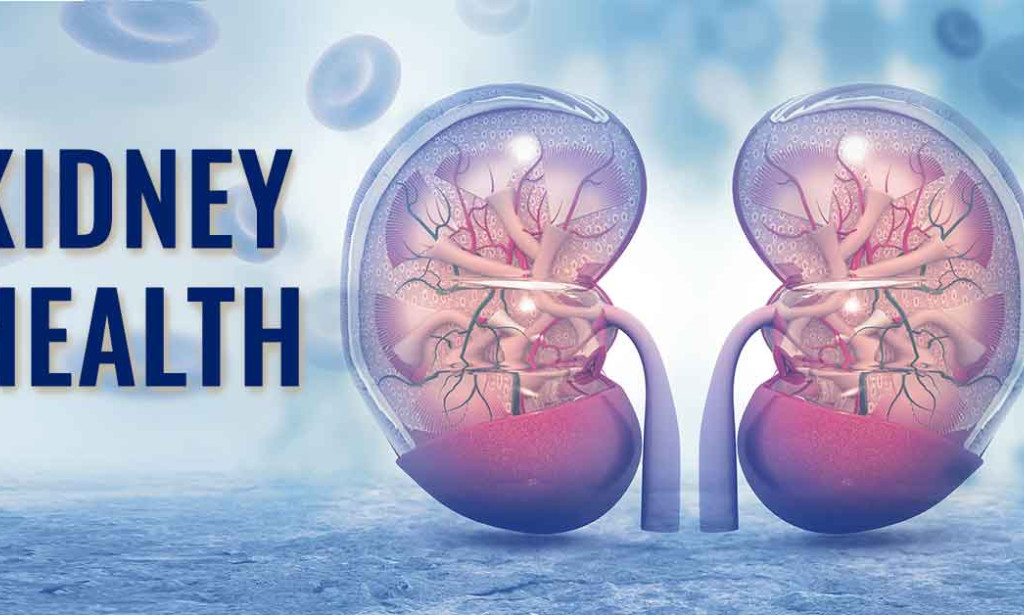Title: How Do You Keep Your Kidneys Healthy?

The kidneys, two bean-shaped organs located on either side of your spine, play a crucial role in maintaining overall health by filtering waste products and excess fluids from the blood to form urine. Keeping your kidneys healthy is essential for maintaining proper bodily functions and preventing kidney diseases. In this article, we explore practical and proactive measures to ensure the well-being of these vital organs.
Stay Hydrated
Adequate hydration is fundamental for kidney health. Water helps flush out toxins and waste products, preventing the formation of kidney stones and promoting optimal kidney function. Aim to drink enough water throughout the day, and adjust your intake based on factors like climate and physical activity.
Balanced Diet

Adopting a balanced and nutritious diet is crucial for overall health, including kidney health. Include a variety of fruits, vegetables, whole grains, and lean proteins in your meals. Limit sodium intake, as excessive salt can contribute to high blood pressure and kidney damage. Additionally, monitor your protein intake, especially if you have pre-existing kidney conditions.
Manage Blood Pressure
High blood pressure can strain the kidneys over time, leading to potential damage. Regular monitoring of blood pressure levels and taking steps to manage hypertension, such as maintaining a healthy weight, exercising regularly, and limiting sodium intake, can significantly contribute to kidney health.
Regular Exercise
Engaging in regular physical activity benefits overall health, including the kidneys. Exercise helps maintain a healthy weight, regulate blood pressure, and improve cardiovascular health – all factors that positively impact kidney function. Aim for at least 150 minutes of moderate-intensity exercise per week.
Limit Alcohol Consumption
Excessive alcohol consumption can negatively impact kidney function. Limiting alcohol intake and avoiding binge drinking are essential steps in promoting kidney health. If you choose to consume alcohol, do so in moderation.
Quit Smoking
Smoking is linked to various health issues, including kidney damage. Nicotine and other harmful substances in cigarettes can increase the risk of kidney disease. Quitting smoking contributes not only to kidney health but also to overall well-being.
Regular Health Check-ups
Periodic health check-ups are crucial for monitoring kidney function and detecting any issues at an early stage. Routine blood pressure checks, blood tests, and urine tests can provide valuable insights into your kidney health. Consult your healthcare provider for personalized advice based on your medical history.
Manage Diabetes
If you have diabetes, it's essential to manage blood sugar levels effectively. Uncontrolled diabetes can lead to kidney damage over time. Regular monitoring, medication adherence, and lifestyle modifications are key components of diabetes management.
Avoid Overuse of Over-the-Counter Medications
Certain over-the-counter medications, when used excessively, can contribute to kidney damage. Non-prescription anti-inflammatory drugs, for example, may have adverse effects on kidney function. Always use medications as directed, and consult with a healthcare professional if you have concerns.
Conclusion
Maintaining healthy kidneys is a proactive and ongoing effort that involves lifestyle choices, dietary habits, and regular health monitoring. By adopting these practices, you contribute not only to the well-being of your kidneys but also to your overall health. Prioritize a kidney-friendly lifestyle to ensure these vital organs continue to support your body's functions effectively. Remember, consulting with healthcare professionals for personalized advice is always advisable.


You must be logged in to post a comment.